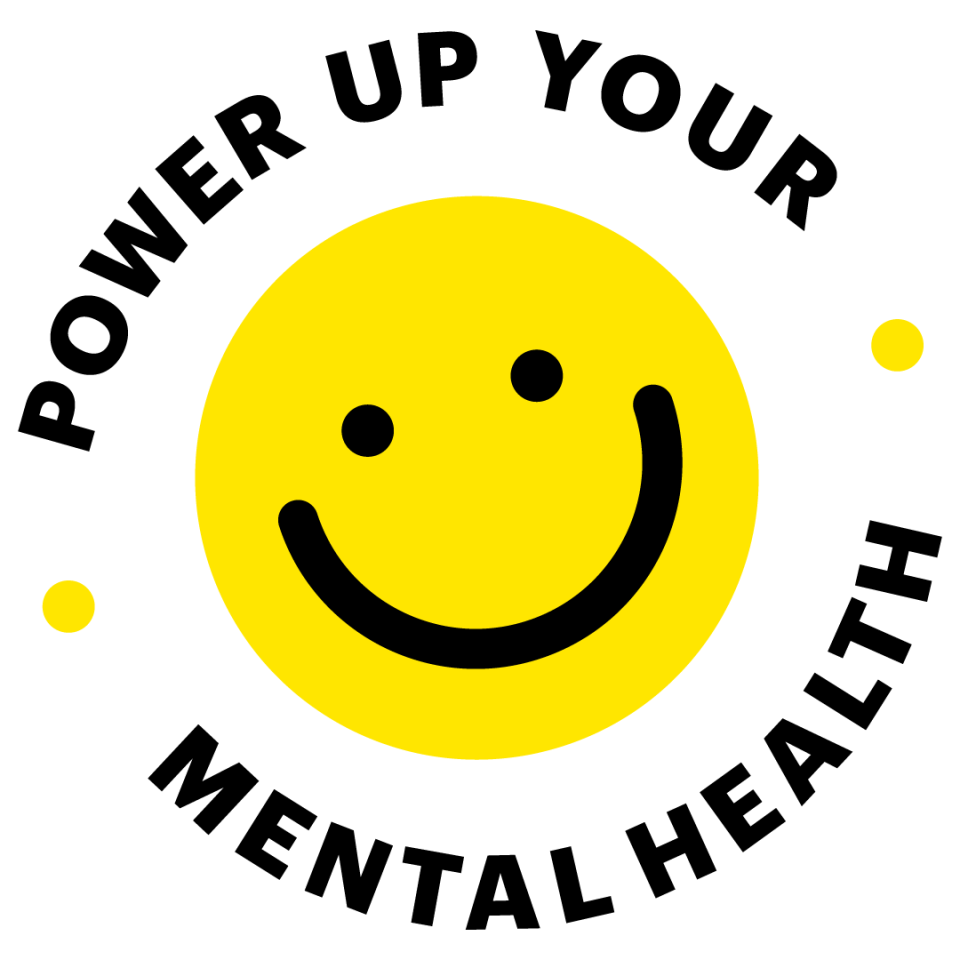Which Form of Therapy Is Best for You?

It starts where everything starts: a Google search. Which leads to a Psychology Today directory. And from there you write down a few names. Some people located near your office. A couple maybe near home.
Things cascade. It’s like the If You Give a Mouse a Cookie story, but it’s If You Give a Guy Some Mental or Emotional Distress. It begins as a panic-struck Sunday afternoon scrolling through streams of psychotherapists, certified counselors, licensed social workers, all with any number of credentialing acronyms at the ends of their names.
You ask a friend or two. Ask who they see, what they like. One sees a doctor who just doles out scrips. That’s too cold, and not what you need. Another builds sessions off pulling a card from a tarot deck. Which is just a little too hippy-dippy. But their preferences help you define yours.

Who do you want to actually talk to? Someone who looks like you? Another man? Around the same age? Or someone totally different from you and the people you spend time with. Maybe an older woman who could be a stand-in for one of your mom’s old work colleagues. A Janet or a Caroline.
So you write a few inquiries, laying out what’s bothering you. They ask to get on the phone with you. “I would put the onus on them to organize the conversation,” says Avi Klein, a licensed clinical social worker and Men’s Health advisory board member. “That would start to give you a sense of how they work.”
Suddenly, you’re coordinating times and a private place to take the call. You try to take account of billing-if they’re in network or not. You check your insurance plan. And if their hours fit with your schedule. If the logistics line up, you keep going.
“Ask them to explain why their approach will work,” says Klein. “You should share a sense of a road map and what the expectations are.” If they’ll be direct and action oriented. Or if they’ll have you journal or fill out worksheets. If they’ll just sit and let you vent for 45 minutes.
The most important part of that consultation or phone call “is your sense of them,” says Klein. “Do you like them? A good working relationship is one of the biggest determining factors in successful therapy outcomes.”
And maybe you don’t follow up with one of them. Or you make an appointment, and just the one appointment. It’s fine. You’re testing people out. Tell them that. They get it. Then you leave one consultation feeling pretty good. You carve space in your schedule, and clear it with your insurance, and plan for next week.
Because once you get a hint of how much better you could feel, you find a way to make it work. -Matt Goulet

There are hundreds of therapy techniques, some employed by trained professionals and some, like “puppet therapy,” that aren’t. Clifford N. Lazarus, Ph.D., helps us select the most effective methods.

“I would encourage people to seek out practitioners of cognitive behavioral therapy,” says Lazarus. Focusing on corrective thoughts and actions, behavioral therapy aims to provide everyday strategies for the stresses and anxieties of the here and now. But avoid “monotherapy”-an approach that employs only one method. Choosing a behavioral treatment is like mixing a cocktail: It should include techniques tailored to the individual. These are some of the more common CBT-based approaches you’ll likely come across."
Assertiveness Training/Interpersonal Effectiveness
Helps you: Learn to say no without feeling guilty. It also helps you express your feelings and desires in a responsible manner.
Best for: Those looking to express themselves in healthier ways.
Cognitive Restructuring
Helps you: Shift your thinking from negative and self-defeating patterns to more realistic and adaptive ones.
Best for: Those managing invasive and stressful thoughts.
Behavioral Activation
Helps you: Identify and correct behaviors that are driving depression. For example, you’re withdrawing and disconnecting from enjoyable activities.
Best for: Those whose depression prevents them from engaging socially.
Emotional Regulation
Helps you: Bring your emotional experience to a better baseline.
Best for: Those whose emotions interfere with healthy functioning.
Exposure Therapy
Helps you: Overcome your fear or anxiety by doing exactly what the name suggests: being exposed to its source.
Best for: Those with intense phobias or other anxiety disorders.
Mindfulness/Meditation
Helps you: Foster nonjudgmental awareness of the present, yourself, other people, your thoughts, and your emotions.
Best for: Those wanting to keep their mindset in the present and manage stress.
Somatic Therapy (Exercise/Yoga)
Helps you: Set your focus on the body and movement. “Physical exercise is probably one of the most powerful stress relievers and anti-depressants,” says Lazarus.
Best for: Those wanting to improve their mind and body as well as their mood.
Social Skills Training/Communication Training
Helps you: Better interact with those around you by developing skills like active listening and assertive expression.
Best for: Those working on sociability or suffering from social anxiety.

Psychoanalytic Therapy
Also known as: psychodynamic therapy
The oldest (and perhaps now antiquated) technique, it involves tackling unresolved conflicts in your past and gaining insight through psychoanalysis. If a therapist uses the word analysis in his or her online profile, this is what you might be getting, says Lazarus. Think Freud, couches, and discussions of your childhood. Really, it’s still a thing.
Best for: The overly introspective, intellectuals.
Humanistic Therapy
Also known as: person-centered, existential, gestalt
Popular in the late ’50s, this practice focuses on providing a safe and supportive environment to explore your thoughts and feelings. The therapist won’t challenge your ideas or give you any recommendations but will instead listen and allow you to work through your issues verbally.
Best for: People who want passive, nondirective, sounding-board therapy.
('You Might Also Like',)
